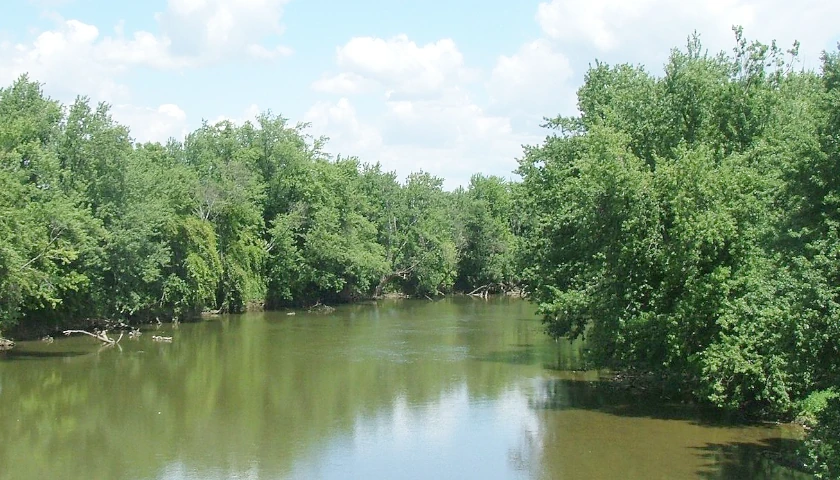Using a law that has been passed by Congress every two years since 2014, a congressman from Tennessee promoted water infrastructure for three rural Tennessee counties.
“Today, the United States House of Representatives passed the bipartisan Water Resources Development Act (WRDA) of 2022, which includes language submitted by U.S. Representative John Rose to authorize environmental infrastructure projects in Trousdale, Macon, and Sumner counties and the cities of Carthage and Portland,” said a press release from Rep. John Rose (R-TN-06). “These projects will help these growing communities adapt their water infrastructure to meet the needs of increasing demand.”
Congress has approved WRDA legislation every year since 2014 to improve infrastructure throughout the United States. Its projects are carried out by the Army Corps of Engineers.
This year the bill, which was passed in a bipartisan fashion, will help expand Trousdale County’s water lines to provide water to growing communities in Sumner and Macon.
The towns of Carthage and Portland will also receive upgraded sewer and water lines.
“Authorizing these projects ensures that our growing communities in Middle Tennessee have the infrastructure in place to continue to thrive,” Rose said. “Coordination between our local communities, elected officials, and the federal government is what made this possible. I am extremely proud to shepherd these projects through the House and am hopeful that the bill will pass the Senate and be signed into law soon.”
The Army Corps of Engineers has partnered with Tennessee officials before.
It has worked with state officials on the implementation of the Clean Water Act Tiers II & III, which require that states, “at a minimum, to include provisions for the management of water quality…” according to the National Parks Service (NPS).
Tier two “applies to waters whose quality exceeds that necessary to protect ‘fishable/swimmable’ goals of the [Clean Water Act].”
“Management of these waters must attempt to keep them at existing quality, according to that regulation. “Degradation may be allowed if it cannot be avoided for social or economic development reasons, but only after public review has occurred.”
Tier three guidelines apply to “Outstanding National Resource Waters (ONRWs) where ordinary use classifications and supporting criteria may not be sufficient or appropriate,” according to the NPS.
“ONRWs are frequently considered the highest quality waters of the United States, but may also include water bodies that are of ‘exceptional recreational or ecological significance.'”
_ _ _
Pete D’Abrosca is a reporter at The Tennessee Star and The Star News Network. Email tips to [email protected].





